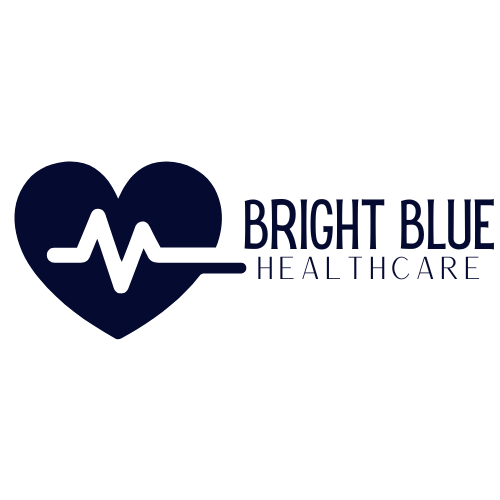As medical professionals, we are at the forefront of ensuring the health and wellbeing of individuals and communities. Our dedication to providing quality healthcare is unwavering, but we must also acknowledge the challenges we face in delivering exceptional care. From the rapidly evolving landscape of technology to the increasing demands and expectations of patients, we must constantly adapt and innovate to meet the evolving needs of our profession. In this article, we explore the challenges and opportunities for medical professionals in the field of healthcare, while highlighting the importance of continuous learning and collaboration.
The Evolving Technological Landscape
The world of healthcare has been transformed through advancements in technology. Electronic health records, telemedicine, and artificial intelligence have become integral parts of our practice, enhancing efficiency and patient outcomes. However, with these advancements come various challenges. The adoption of new technologies requires us to stay updated with the latest platforms, software, and security protocols. Integrating these technologies seamlessly into our workflows can be complex and time-consuming, but the long-term benefits make it a worthwhile investment.
Moreover, while technology has expanded our capabilities, it has also increased patients’ expectations. They now anticipate quick, accurate, and personalized care. As medical professionals, we must consistently engage with and leverage technology to provide holistic and patient-centered healthcare.
The Rising Demand for Patient-Centered Care
In recent years, there has been a shift towards patient-centered care. Patients no longer passively accept medical decisions but actively participate in their healthcare journey. This change requires us to adopt a more collaborative and inclusive approach. We must engage patients, discuss treatment options, and tailor healthcare plans to their specific needs, preferences, and values.
While patient-centered care offers tremendous opportunities for improved outcomes, it poses challenges as well. Balancing patient autonomy with evidence-based practice can be complex and may require additional time and resources. However, by building trust and enhancing communication, we can ensure that patients feel empowered and satisfied with the care they receive.
The Importance of Continuous Learning and Professional Development
As medical professionals, we have a responsibility to remain up-to-date with the ever-expanding body of medical knowledge. Continuous learning and professional development are essential to ensure that we deliver evidence-based and innovative care. Staying informed through medical journals, conferences, and online platforms can help us keep pace with advancements in our respective fields.
Additionally, collaboration with colleagues and interdisciplinary teams promotes growth and enhances patient care. Engaging in regular case discussions, participating in research projects, and seeking mentorship opportunities broadens our perspectives and fosters professional growth. By embracing a culture of continuous learning, we can navigate the challenges brought about by advancements in healthcare and provide the best care possible.
The Impact of Healthcare Policies and Regulations
Healthcare policies and regulations have a profound impact on our profession. Changes in insurance coverage, reimbursement models, and privacy laws can significantly influence the way we practice medicine. Navigating these policies and staying compliant requires a deep understanding of the legal and regulatory landscape, often demanding additional administrative work and resources.
Nevertheless, healthcare policies and regulations also provide opportunities to improve patient care. Regulations that prioritize patient safety, access to care, and equitable outcomes can drive positive change. As medical professionals, we must actively engage in the development and evaluation of healthcare policies to ensure they align with the interests of both patients and healthcare providers.
Conclusion
While the challenges faced by medical professionals in today’s healthcare landscape can be overwhelming, they also present countless opportunities for growth and innovation. Embracing technology, transitioning to patient-centered care, and pursuing continuous learning all contribute to better outcomes for our patients and ourselves. By actively engaging in the evolution of healthcare policies and regulations, we have the power to shape the future of our profession positively. Together, let us address these challenges head-on and strive to deliver the exceptional care our patients deserve.




